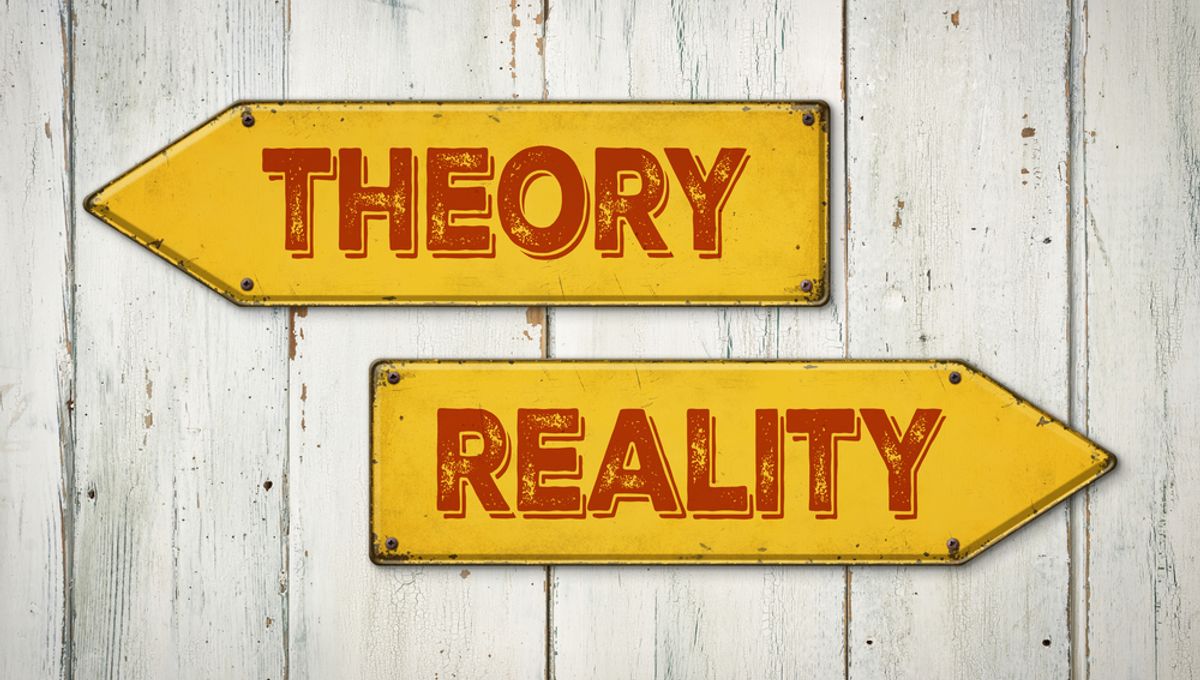
Amongst a flurry of questionable bills being introduced in American states recently, a new piece of legislation in Montana would prevent scientific theories from being taught in schools. According to the Republican that sponsors the bill, it is a move to prevent the teachings of things that “aren’t true”.
It calls into question exactly how they will define what is a “theory” as opposed to a scientific “fact”, which the bill tries to address by discerning whether the results can be consistently repeated.
“WHEREAS, the purpose of K-12 education is to educate children in the facts of our world to better prepare them for their future and further education in their chosen field of study, and to that end children must know the difference between scientific fact and scientific theory,” writes the bill, titled Senate Bill No. 235.
“WHEREAS, a scientific fact is observable and repeatable, and if it does not meet these criteria, it is a theory that is defined as speculation and is for higher education to explore, debate, and test to ultimately reach a scientific conclusion of fact or fiction.”
In passing the bill, Montana would prevent any scientific ideas that are not established as “facts” – which would bar the teaching of evolution, gravity, and other integral ideas that form the basis of scientific knowledge today. As a result, the bill has already encountered significant opposition from over 20 people.
The bill has also received scrutiny over potentially conflicting with how much the Board of Public Education can preside over what is taught in schools. It has not yet been passed, nor declined.
So, when does a scientific theory become a fact? The line remains quite blurred, and many aren’t actually sure what the difference is at all. As Rachel Ankeny, a professor of philosophy of science at the University of Adelaide, told IFLScience in a recent interview:
“Scientific facts have credentials that come along with them. For something to be a scientific fact, typically, they have to be a finding that has resulted from careful attention to building empirical evidence. Again, in different fields, these are going to be different but it often involves observations, testing, and measuring through experimentations.”
Even as scientific facts, these ideas are subject to change, and have done so throughout history. It does not diminish an idea’s legitimacy to call it a theory and not a fact – and while scientific facts are almost certainly correct to our current understanding of the universe, that does not make them immune to changes.
If the bill is to separate teachings between fact and theory, it will have to find some way to clearly define the difference, and being “repeatable” does not fit the criteria. If you’re looking to fully understand the difference, read our in-depth feature on the topic here.
Such a law may also work to stifle critical thinking and how children debate different issues – if teachers cannot propose new theories to issues that science does not fully understand, how could they keep up to date with modern science? For a theory to become a fact, it must first be developed by years by scientists, and if they cannot be taught the current working theories, how can science continue to grow?
Source Link: New Montana Bill Would Prevent Schools Teaching "Scientific Theories"